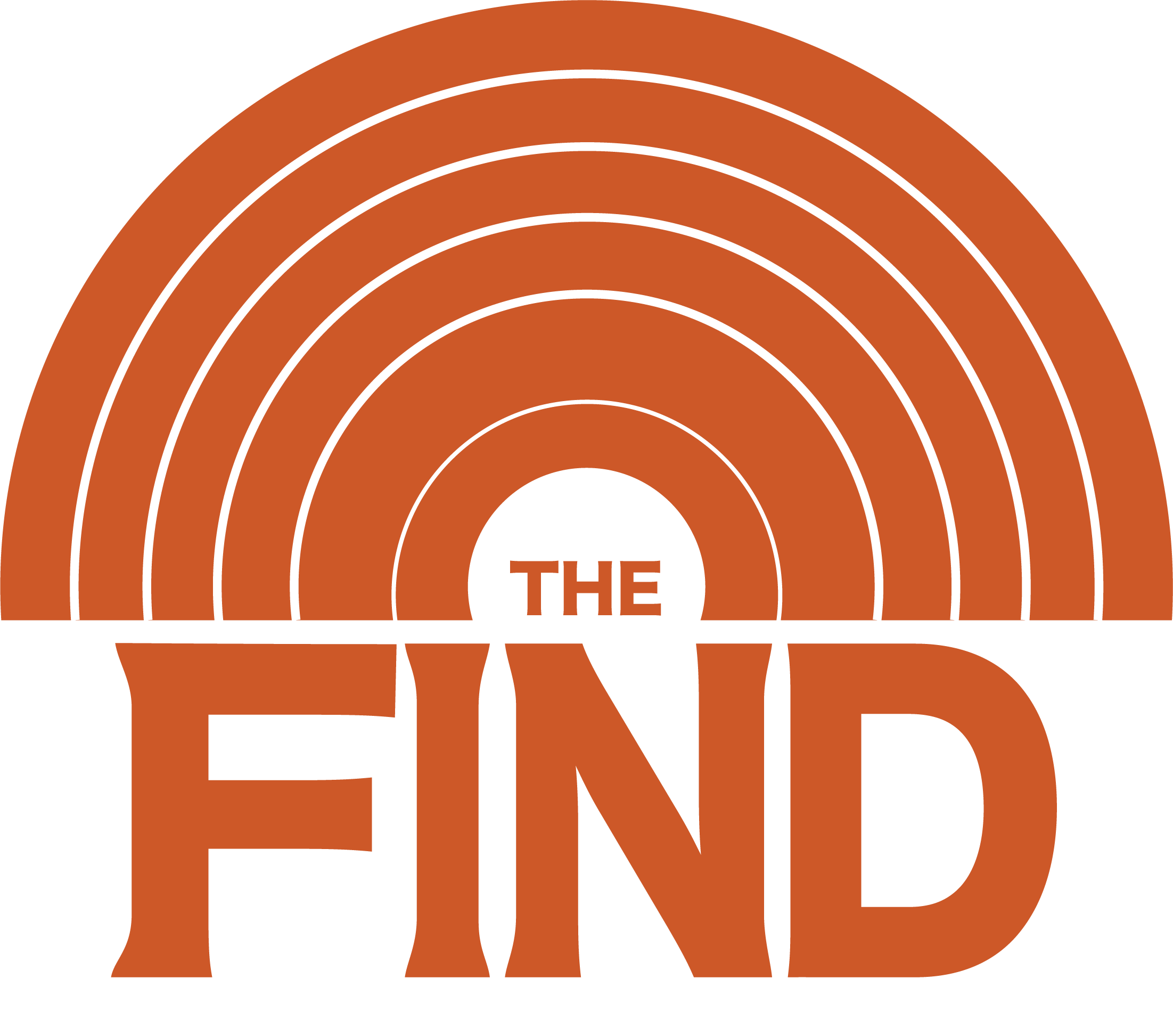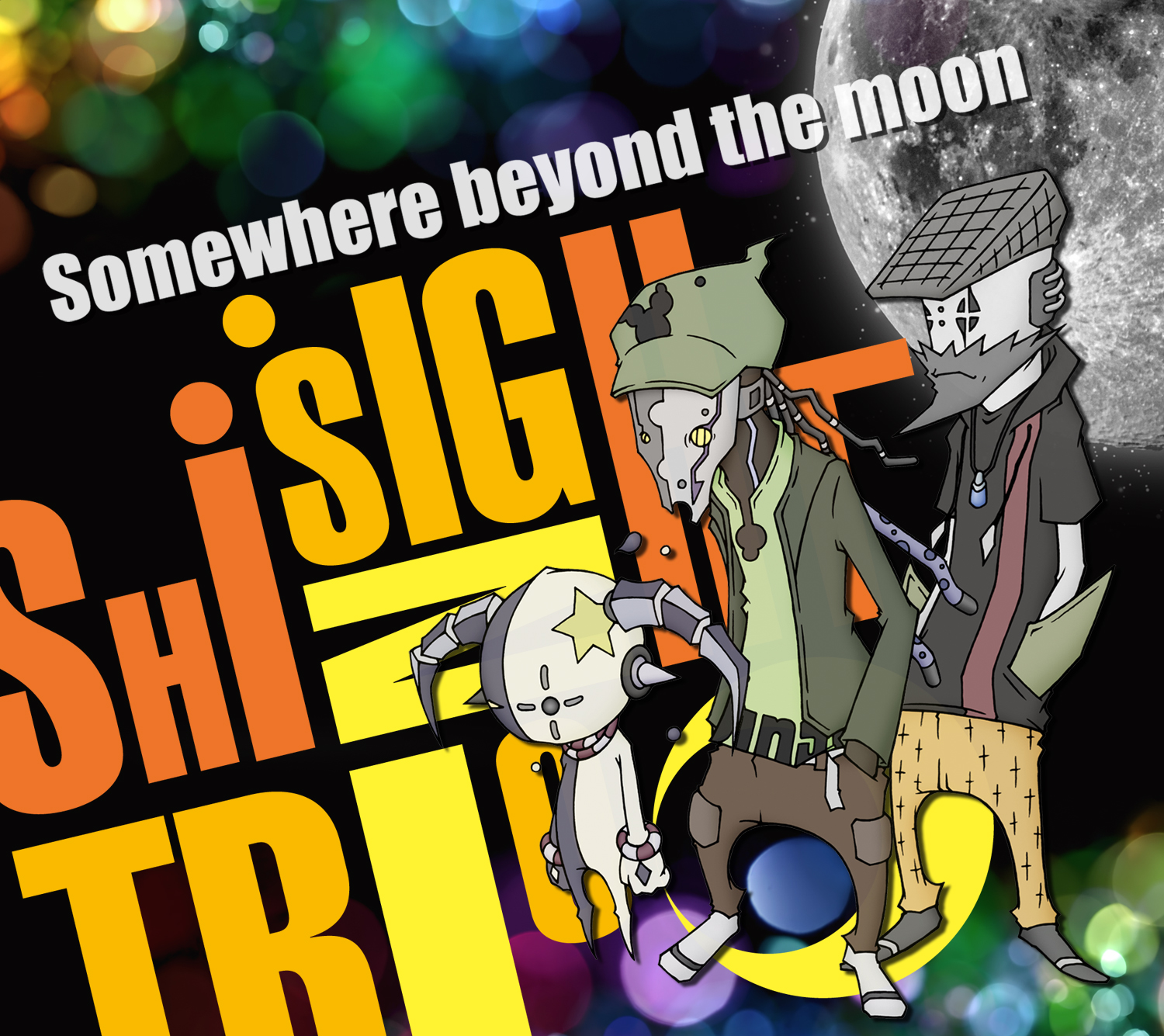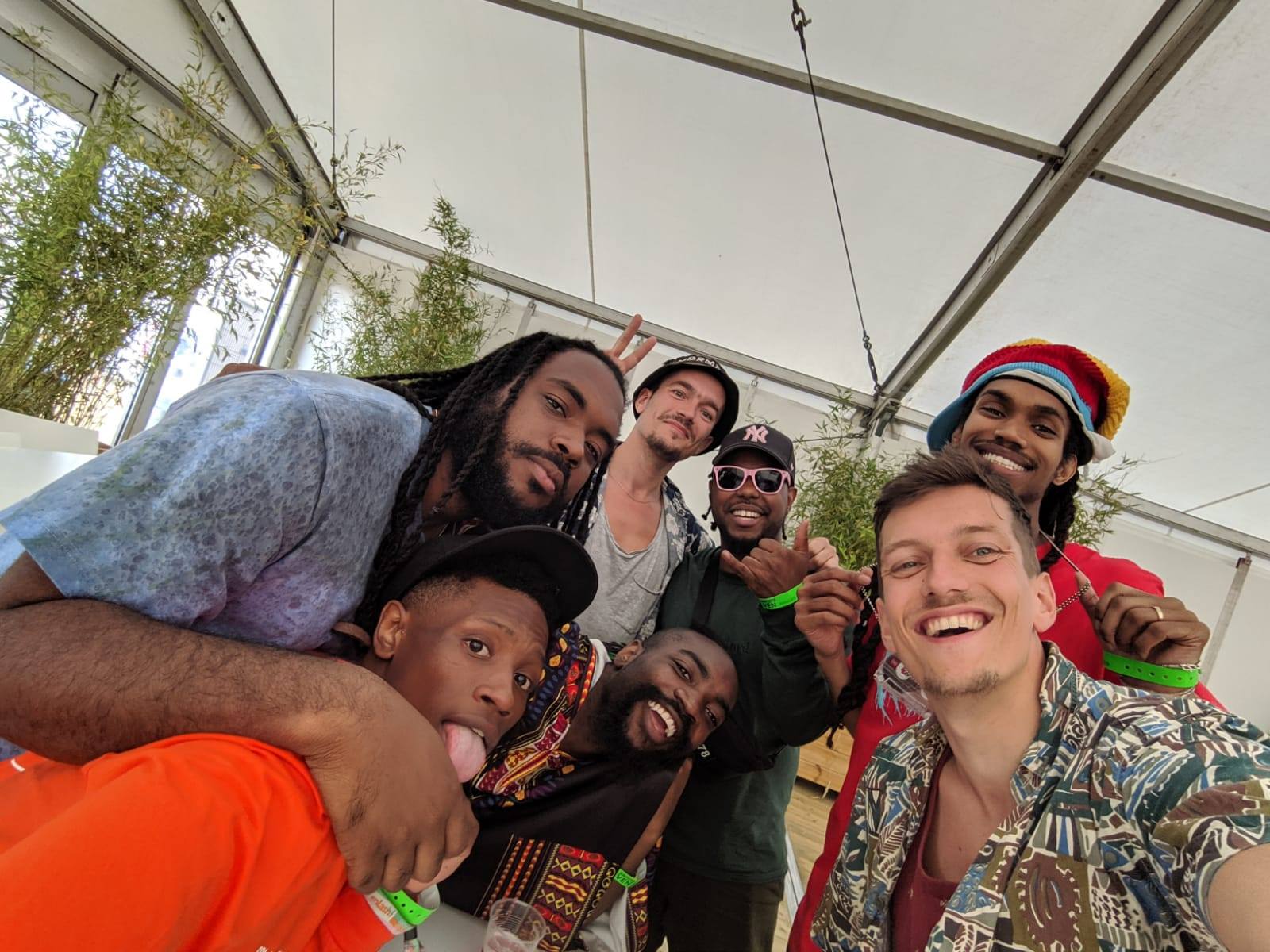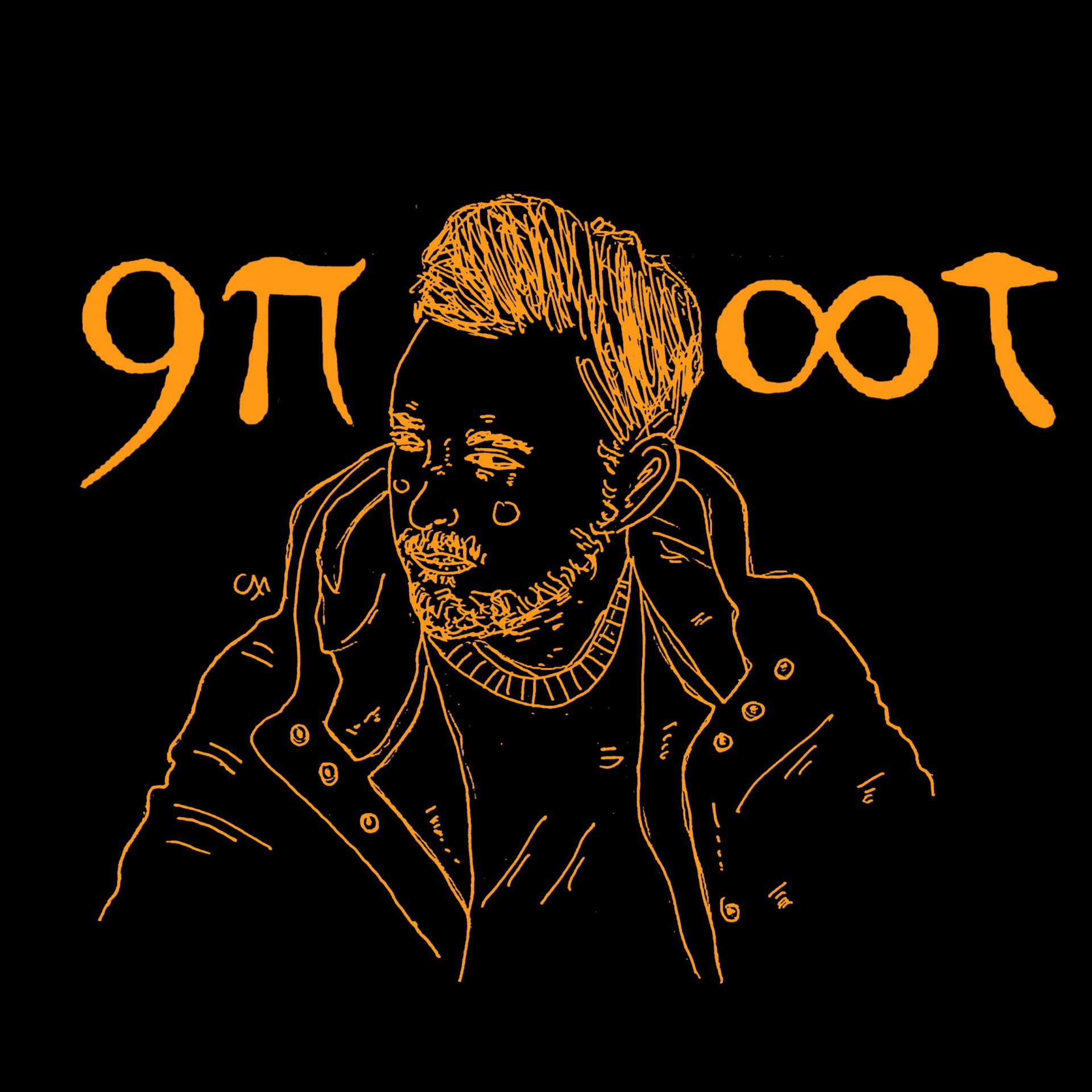Interview: RA Scion (of Common Market)
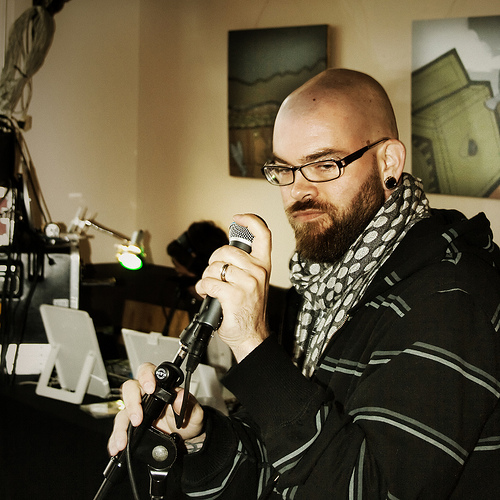
If someone asks me to name some lyrical talents, RA Scion is the one who comes in mind first. Together with producer Sabzi, he’s Common Market: the Seattle-based duo who released several albums and EP’s since 2005. It’s arguable if you like Blue Scholars (Geologic + Sabzi) or Common Market more, but there’s one thing we don’t have to argue about: RA Scion is good. Very good.
If someone asks me to name some lyrical talents, RA Scion is the one who comes in mind first. Together with producer Sabzi, he’s Common Market: the Seattle-based duo who released several albums and EP’s since 2005. It’s arguable if you like Blue Scholars (Geologic + Sabzi) or Common Market more, but there’s one thing we don’t have to argue about: RA Scion is good. Very good.
Preview: RA Scion – 64 Squares
For those that are not familiar, can you give us a little background on yourself and Common Market?
I’m a 34-year-old white male of average height and weight; father of one, married since ’97; a homeowner, a consumer; a supporter of the Second Amendment, but a believer in the abolishment of The Constitution; a high school graduate and a college dropout; a Southerner by birth, Northwest Resident by choice; afflicted with a chronic disease and currently without health insurance; chemically imbalanced, but equal parts artist and labourer. I’ll wear the badge proudly of whichever demographic I’m qualified for.
As for Common Market, it’s the lyrical summation of all that’s described above, and the music designed to house the message. The beauty of the group, as I’ve come to appreciate it, is that we give listeners two options: One, to passively observe the architectural intricacies from the outside without being troubled by the commotion of the moral pontification taking place within; or two, get inside and get involved.
Both you and Sabzi are of the Baha’i faith. How did you end up adopting this faith and how does it influence your life and your music?I believe that religion is an intellectual approach to understanding spirituality, that is to say religious persuasion is to the mind what spiritual connection to god and man is to the heart. I write from the mind and not from the heart, so it stands to reason that much of the subject matter carries a religious subtext. Furthermore I believe in the science of religion, and that faith without logic is merely superstition. I’m not afraid of religion, nor am I fearful of those who commit atrocities in the name of god. Every action, after all, has a reaction.
And what about your battle with Crohn’s disease, has it influenced your spirituality?
With regards to Crohn’s, the disease has affected my politics more profoundly than it has my spirituality. But I do recognize the relationship between the physical and spiritual, and I’m attempting to explore this idea in a short-film screenplay to be directed by Zia Mohajerjasbi. Look for more details in the weeks to come…
In an interview after the first Common Market album in ’05, I heard you mention you’d really like to get Sabzi on the mic for the next album. That didn’t happen on Tobacco Road, unfortunately. Is MC Sabzi in the future for Common Market?
It’s not likely. What’s more disappointing, however, is that my sense of humour hasn’t improved by the slightest margin over the last three years.

Tobacco Road was finished about a year before it’s released and you were encouraged to shop around for a good distribution deal etcetera, but you were almost ready to just release it independently and sell it out of the backpack and trunk, much like the first Common Market record. Although you released the Black Patch War EP as an appetizer, you managed to hold off and find a good deal for Tobacco Road. Are you happy with how Tobacco Road worked out? What were some differences between the release of Tobacco Road and Common Market?
I’m impulsive, either by nature or by conditioning, I don’t know which. I write in sporadic torrents, I buy things when I have no money, I get out of bed in the middle of the night for ice cream. Fortunately, though, I trust Sabzi implicitly, and when he suggested we wait I deferred to his judgement. Black Patch War was the result of compromise; I agreed to continue shopping Tobacco Road under the condition we would release new material in May. As for being satisfied with the success and/or the reception of the LP, I can honestly say we have achieved each and every objective we set out to accomplish with this project.
Properly working a new release is exciting. The months and months of marketing and promotion (that was success and all thanks to the experts from ful.io) solicit all types of feedback from reputable DJ’s and relevant industry folks, which in turn reinvigorates the energy you lose after the recording process. The design of new artwork for the album cover and promotional merchandise is particularly exciting for me, and having even a modest budget for that has been a great sense of accomplishment. The bottom line is we are growing and making progress in this venture, and that’s all we ever planned to do.
Tobacco Road has a heavy emphasis on labor and alludes to building, growing, and nurturing community with the metaphor of farming crops. Can you tell us about what the album means to you?
It means there is no harvest without work. It means that sacrifice is necessary for prosperity. It means that these experiences are seasonal and cyclical. It means there is pain in life and hope in death. It means it’s OK to run away from home, but it’s unforgiveable to never look back.
As with any poetry or writing, lyrics can be widely open to personal interpretation. For me, one line of yours that held great personal insight is from the track “Tobacco Road” when you say “The schools failed me, thank God the farm taught me”. This reinforced a sentiment in my life of late, in that though the lessons or answers sought may seem elusive through one path, this does not preclude their existence, another path will undoubtedly unveil the truth and light. Could you describe a lyric of yours that holds a certain personal significance and describe why?
From “Back Home (The Return)”:
“I’m hollerin’ at your feminine side, is it or isn’t it genuine? Let women decide.”
Perhaps rap will finally address sexism after its protracted battle with racism and homophobia has ended.
You were recently involved with your very first Common Market music video for the track “Trouble Is”, can you tell us a little bit about the experience of shooting the video and the concept for the video itself?
“Trouble Is” was intentionally written to be vague and esoteric. I wanted to tell of my limited experience with the Seattle hiphop community between 2001 and 2007 without having it sound like a journal entry, so I made up a fable, complete with a moralistic ending. The success of the tale literally revolves around the coin toss, and I don’t think I did a very good job of illustrating the farmer’s sacrifice for the benefit of the community.
The purpose of the video is to visually depict the story told in verse, and because I didn’t write it effectively, I think it was hard for Zia to film. Nevertheless, the quality of the video is great, we had a good time shooting, and it opened the door to the possibility of working together on this short film.

Without the internet I probably would never have come across your music, let alone all the amazing golden era hip hop, that at 20 years old, was released when I was still listening to Raffi. What do you think about the influence of the internet, and blogs like ours, on the past, present, and future of hip hop music?
It’s as easy to overstate the influence of the internet as it is to understate it, but if it facilitates the collaboration between Raffi and Kanye I’ll agree to call it “revolutionary!”
Preview: Common Market (RA Scion + Sabzi) – Tobacco Road
KRS-One has been a big supporter of yours since the beginning of Common Market, praising you for “spitting in the tradition of the conscious hip hop movement”. Is he an artist who has had a big influence on you? How does it feel to receive such praise from a legend like him? Has there been any other feedback from people we’d be interested in?
Local rap legend E-Real once called me “Seattle’s Pete Nice.” I don’t know if that interests you or not, but it meant more to me than the cosign from KRS. Meeting Tha Teacha was a once-in-a-lifetime experience; I’m making sure of that.
You have mentioned an admiration for First Priority Music and the Native Tongues Posse and their familial, community approach to hip hop. Has their music and community influenced your life and music? What are some big influences on your music and lyrics?
Oh wow – you really waited until the very end to dumb-out and ask me the most formulaic of all interview questions in the history of journalism; YOU BASTARD!! I’m impressed by the way you prefaced it with that shit about FPM and Native Tongues, though – you really had me going, dude.
Thanks very much for talking to us, it has been an honour for me. Any last words?
Invest wisely.
RA Scion’s 5 Top 5
Top 5 Albums:
Nas – Illmatic
De La Soul – Stakes Is High
Raekwon – Only Built For Cuban Linx
A Tribe Called Quest – Low End Theory
Grand Puba – 2000
Top 5 New MCs:
Pass. I’ve been writing my own rhymes and rapping in public for more than 20 years, and I’m still not known well enough to be considered a “new emcee.” Without more defined parameters I can’t attempt to answer this question.
Top 5 Producers:
DJ Premier
Pete Rock
Just Blaze
Mr. West
Salaam Remi or Rich Harrison
Top 5 Hopes for ’09:
… for the US Military to get out of Iraq AND Afghanistan
… for the US Military to STAY OUT of Iran
… for the US Military to stabilize and rebuild New Orleans
…for the US Treasury Dept. to stimulate my package
… for Barack Obama to see 48
—-
Words by: Esperanza
Source: Check The Rhime
More info: RA Scion
Read the interview we had with producer Sabzi HERE
Read the review of Common Market’s Tobacco Road HERE
